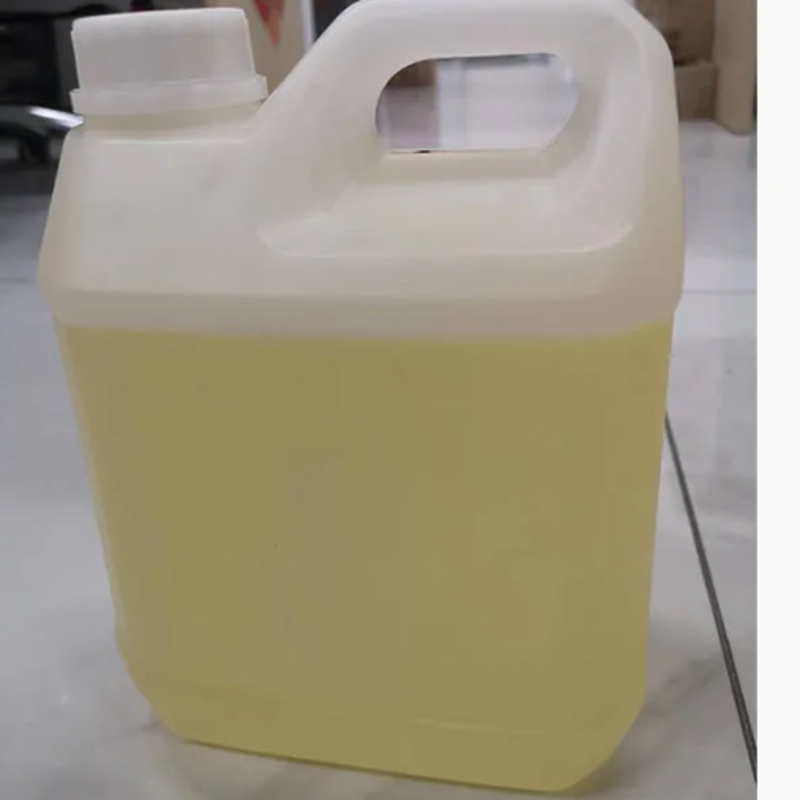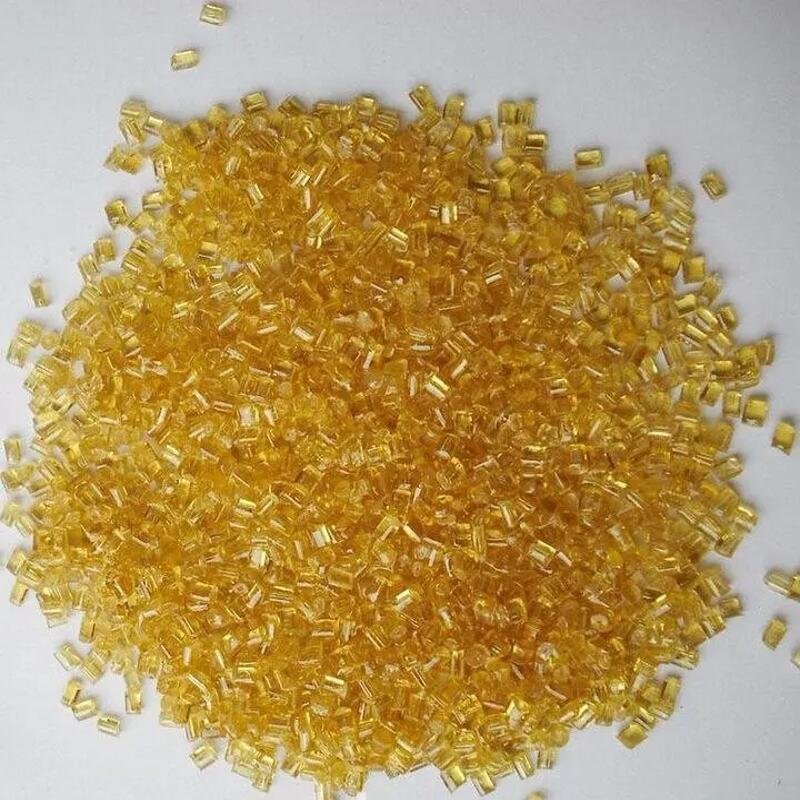-
Categories
-
Pharmaceutical Intermediates
-
Active Pharmaceutical Ingredients
-
Food Additives
- Industrial Coatings
- Agrochemicals
- Dyes and Pigments
- Surfactant
- Flavors and Fragrances
- Chemical Reagents
- Catalyst and Auxiliary
- Natural Products
- Inorganic Chemistry
-
Organic Chemistry
-
Biochemical Engineering
- Analytical Chemistry
-
Cosmetic Ingredient
- Water Treatment Chemical
-
Pharmaceutical Intermediates
Promotion
ECHEMI Mall
Wholesale
Weekly Price
Exhibition
News
-
Trade Service
Plastic restrictions and bans have long been important measures in the process of promoting sustainable development around the world, and the plastic packaging tax is not the first in the UK.
Plastic packaging tax
Not long ago, the United Kingdom issued a new tax-plastic packaging tax, which applies to plastic packaging and products produced in the United Kingdom or imported into the United Kingdom, and will take effect on April 1, 2022.
EU starts to impose a tax on plastic packaging
According to the announcement issued by the European Council on the same day, the EU will introduce new sources of income in order to "resource income and reduce expenditure" in response to the impact of the new crown pneumonia epidemic.
As the EU’s 2021-2027 budget still needs the approval of the European Parliament, the announcement did not provide more details, such as whether to tax consumers or producers, the types of disposable plastic packaging that need to be taxed, and how member states submit relevant payments to the EU.
As early as 2018, the European Union decided to impose a tax on single-use plastic packaging.
After the outbreak of the new crown pneumonia epidemic in 2020, as the European Union plans to raise huge sums of money to restart the economy, the introduction of a "plastic packaging tax" has become more urgent.
EU statistics show that the EU produces about 26 million tons of plastic waste each year, of which less than 30% is recycled.
UK plastic packaging tax takes effect in April 2022
On November 12, 2020, the UK Revenue and Customs Service (HMRC) issued a new tax, the Plastic Packaging Tax (PPT), which applies to plastic packaging produced in the UK or imported into the UK.
HMRC stated that the levy of the plastic packaging tax is to increase the level of plastic waste recycling and collection, and also to supervise and promote exporters to control plastic products.
The main contents of the resolution on plastic packaging tax include:
●The tax rate for recycled plastic packaging less than 30% is 200 pounds per ton;
●Enterprises that produce and/or import less than 10 tons of plastic packaging within 12 months will be exempted;
●Determine the tax scope by defining the types of taxable products and the content that can be recycled;
●Exemption for producers and importers of a small amount of plastic packaging;
●Who is responsible for paying taxes needs to be registered with HMRC;
●How to collect, recover and enforce taxes.
The tax will not be charged for plastic packaging in the following cases:
●With 30% or more recycled plastic content;
●Made of a variety of materials, the weight of plastic is not the heaviest in terms of weight;
●Production or import of human drugs for direct packaging license;
●Used as transport packaging to import products to the UK;
Exported, filled or unfilled, unless it is used as a transport package to export the product to the UK.
So, who is responsible for paying this tax?
According to the resolution, British plastic packaging manufacturers, plastic packaging importers, commercial customers of plastic packaging manufacturers and importers, as well as consumers who purchase plastic packaging products in the UK, are obliged to pay taxes.
Obviously, PPT has a very wide range of influence, which undoubtedly sounded the alarm for relevant export companies and cross-border e-commerce sellers in my country, and try to avoid large-scale sales of plastic products.
A large number of disposable plastic products were removed from the shelves
Faced with the irreversible consumer trend of banning plastics, many businesses have begun to plan ahead and make adjustments in advance.
With the advent of Christmas, the sales of some Christmas-related products are gradually hot, and most of these products, whether they are chandeliers, stickers, Christmas trees used to decorate houses, or greeting cards that can be used as gifts, mobile phone cases, etc.
In response to the slogan of reducing plastics, Tesco has removed more than 20 million disposable plastic products from its Christmas series since 2020, including plastic-coated biscuits, lights, cards, and puddings.
Amazon also announced that from December 21, 2020, it will not be able to sell disposable plastic products and products made of biodegradable plastics, such as tableware, plates, straws, blenders, and sticks that support balloons, in the European Union, the United Kingdom, and Turkey.
Other large supermarkets in the UK have also removed many products from online and physical stores.
Asda launched the first "sustainable Christmas series", which is said to save 66 tons of plastic in 2020.
John Lewis and Waitrose have stopped selling toys and puzzles with plastic.
For Marks&Spencer, this is the first Christmas that does not use black plastic on the holiday pudding to ensure that all packaging can be recycled before 2022.
British Plastics Association: It is possible to shrink the plastic packaging industry by 45%
According to documents shared by Greenpeace and The Guardian, the British Plastics Association BPF is concerned about the impact of taxation on the scale and turnover of the packaging industry.
BPF believes that as manufacturers switch to other materials, this may cause the plastic packaging industry to shrink by 45%.
BPF is also collecting cases about British plastic packaging manufacturers relocating their factories outside the UK due to tax issues.
BPF believes that the UK's recycled plastics industry is not large enough to meet the market's greater demand for recycled plastic packaging.
Plastic packaging accounts for 44% of plastic use in the UK, but constitutes 67% of the main source of plastic waste.
The UK consumes more than 2 million tons of plastic packaging each year, most of which are made of new plastic materials rather than recycled plastics.
With the continuous escalation of the most stringent "plastic ban" in history, domestic and foreign packaging companies must transform and upgrade as soon as possible.
"Waiting and watching mentality" is not necessary, otherwise they will face a devastating blow!
At present, the "plastic ban" has been officially implemented across the country and has entered a countdown.
On January 19 this year, the National Development and Reform Commission and the Ministry of Ecology and Environment jointly issued an announcement, proposing to orderly prohibit and restrict the production, sales and use of some plastic products.
In July, the National Development and Reform Commission and the Ministry of Ecology and Environment issued a notice again, clarifying that from January 1, 2021, shopping malls, supermarkets, pharmacies, and bookstores in built-up areas of municipalities, provincial capitals, and cities separately designated in the plan will prohibit the use of disposable non-degradable plastic bags , Prohibit one-time plastic tableware and so on.
A review found that by the end of November 2020, nearly 30 provinces and cities had issued "plastic bans" in their respective regions.
At present, there are more than 400,000 packaging companies in China.
As the main force in the production capacity of plastic products, large and medium-sized plastic factories are experiencing "shocks" brought about by changes.
Hainan's first start and heavy-handed rectification have given the outside world a certain expectation for the real realization of a comprehensive ban on plastics.
(Keyword: Plastic Packaging Tax)







